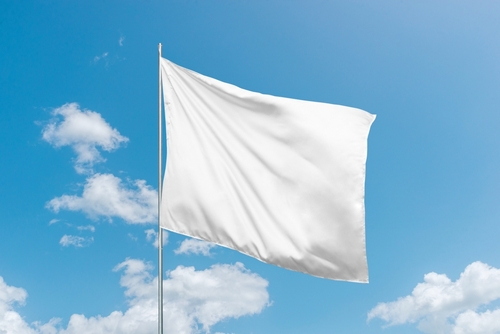THE TERM “hard offer” brings to mind Lee Marvin Westerns, in which a grizzled trail hand would lay a $20 gold piece on top of a barrel and demand the strongest mule in the pack. No haggling, no payment on the installment plan and no bad-debt write-offs-not when the most commonly used collection agency was Smith & Wesson Inc.
Take away the firearm aspect, and those basic marketing principles were held by Mystic Color Lab, Mystic, CT. The company relied on hard offers for its mail-in film development service.
Under CEO Ed McCabe, the company has begun testing a “bill me” option in its direct mail packages. But Mystic is not offering credit wholesale to its customer base: A December 1998 mailing featured names that had been run through The Credit Index, a Mount Arlington, NJ database firm holding the bad-debt records of more than 50 direct marketers. The file contains 60 million records on 42 million individuals.
McCabe hopes the increased propensity of consumers to respond to credit offers will offset the bad-debt write-offs. As of early April, the test package was pulling one percentage point higher than the control, and the bad-debt level he has seen so far is “very acceptable.”
Billing a customer, says The Credit Index’s vice president of sales and marketing Carl Tomasello, breaks down a consumer’s resistance to direct marketing. When a customer has been through the added hassle of returning a product and getting credit for a prepaid order, there is a reluctance to charge merchandise again.
Being able to qualify customers for credit also makes the Internet a more viable channel. The ability to bill a consumer who places an order electronically eliminates security concerns, such as providing a credit card number over the telephone.
Another advantage is the potential to turn marginal lists into profitable ones. Mystic Color Lab’s McCabe says that pre-screening lists has, even with written-off debt, caused some marginal lists to become profitable.
The Credit Index gives marketers a chance to screen on a variety of criteria, including the total number of times a consumer is listed within the database, the recency of the listing, and whether a bad-debt record is in the same industry as the offer.
One change McCabe probably won’t explore is raising the price of the developing service to his “bill me” prospects in an effort to recoup some of the bad-debt losses. “Photo processing is price sensitive,” he says. “Every time we have tested increasing the price it has been a failure.”
The opportunity to segment respondents based on source, and to overlay their credit history within the DM industry, has opened another possibility for McCabe: Previously, Mystic’s film-processing envelopes, which were left in vacationing travelers’ rooms, were cash-only offers. If analysis of current customers that have come in through this channel proves their creditworthiness, McCabe may test offering a “bill me” option to these individuals as well.
 Network
Network

